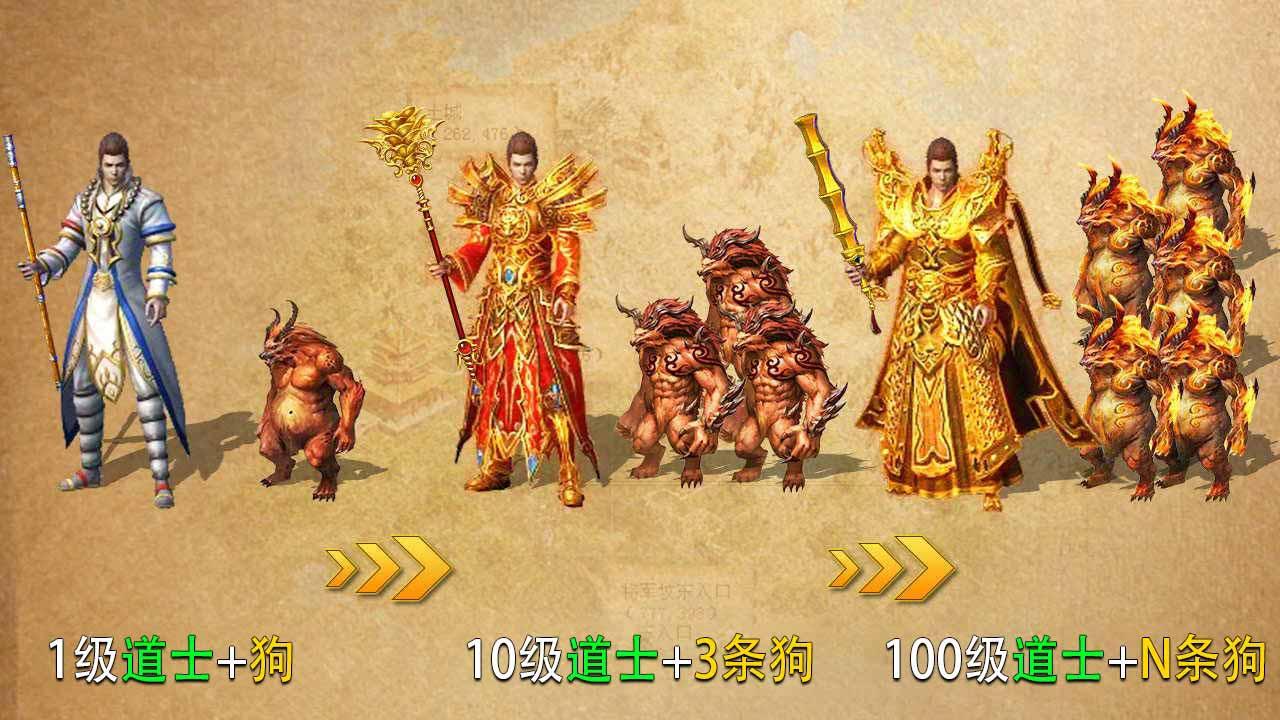Chinese EV Startup WM Motor Applies for Pre-bankruptcy Reorganization
Credit: Visual China
BEIJING, October 12 (TiPost) -- WM Motor Technology Co., Ltd.'s bankruptcy application has been accepted by a court in Shanghai, according to the company’s announcement on Tuesday.
The company also said that they will actively rescue themselves, adjust their business strategy, address financial debt issues, and gain the support of investors.
WM Motor, founded in 2015 by Shen Hui, was once a leading new energy automotive company in China, with a market share just below those of NIO, XPeng, and Li Auto. WM Motor, the primary entity for Weltmeister’s domestic operations, has two factories in Wenzhou, Zhejiang province, and Huanggang, Hubei province, respectively.
WM Motor claims that in recent years, the company has faced challenges due to the COVID-19 pandemic, a sluggish capital market, and significant fluctuations in raw material prices, which led to financing and operational difficulties. Given that the company still holds commercial value and maintains a sound governance structure, the Shanghai Third Intermediate People's Court accepted its pre-reorganization application.
WM Motor states that pre-reorganization aims to resolve the current debt crisis and attract global strategic investors.
The company’s Hubei subsidiary is already in the restructuring phase. According to the National Enterprise Bankruptcy Information Disclosure Platform, on September 25, the Huanggang Intermediate Court in Hubei province ruled that Hubei Xinghui New Energy Intelligent Vehicle Co., Ltd. initiated the restructuring process, and is currently selecting restructuring audit and assessment organizations. Hubei Xinghui is the main body of WM Motor's Huanggang factory.
People familiar with WM Motor believe that the company had set the stage for its own crisis, and the crisis is primarily due to internal factors rather than external ones.
Many of the models of WM Motor come from the same gas-to-electricity product platform, which has been hit by intellectual property disputes. Individuals close to Geely Holding Group reported that Hou Haijing, co-founder and executive director of WM Motor, previously served as the vice president of Geely Group and the general manager of Geely Auto's Chengdu branch, where he was responsible for the development and production of Geely SUV model GX7. After leaving Geely, Hou and a team of R&D members joined WM Motor.
In November 2018, Geely Holding Group sued WM Motor for infringing trade secrets in the Shanghai High People's Court, seeking 2.1 billion yuan in damages.
It also sued WM Motor in the Shanghai Intellectual Property Court, claiming ownership of 27 patents held by WM Motor.
Most of Geely's claims regarding patent ownership received court support in September 2022. WM Motor subsequently filed an appeal, and the cases are still ongoing.
Subsequently, incidents of WM Motor products catching fire pushed the company further into crisis. In 2020, there were several incidents of Weltmeister EX5 models catching fire, leading to the recall of 1,282 vehicles. The company stated that the fires were caused by impurities introduced during battery production process by Zhejiang Gushen Energy Technology Co., Ltd.
WM Motor incurred a loss of 115 million yuan due to this recall. At the end of 2020, the company received 73 million yuan in compensation from Zhejiang Gushen.
People familiar with WM Motor's financial situation believe that the vehicle fires were a turning point for the company. After these incidents, many customers canceled their orders, and the company had to urgently change its battery supplier. The new supplier was unable to provide batteries promptly, leading to a sharp increase in production costs, disrupting their financial model. WM Motor was unable to regain its previous growth momentum.
To transition from the cycle of converting gasoline vehicles to electric vehicles, WM Motor once explored the possibility of acquiring a pure electric vehicle platform developed by the internationally renowned automotive parts company Magna. This plan was, however, internally vetoed.
The company also faced challenges in its executive leadership and dealership system. In 2020, it changed its distribution system from a direct partner model to a traditional dealer franchise, and encouraged executives to open stores.
People familiar with WM Motor's marketing system revealed that at least four executives were involved.
This arrangement led to an inherent imbalance in the status of dealers, with subsidies for opening dealerships and sales incentives gradually becoming a mess. According to Caixin, some dealers closed their businesses after receiving subsidies for opening dealerships, and it was difficult to verify whether they had actual physical storefronts. Besides, some dealers didn’t generate actual sales.
As early as the fourth quarter of 2022, WM Motor's Wenzhou and Huanggang factories had mostly stopped production, and dealerships closed on a large scale. When vehicle owners needed repairs, spare parts were unavailable.
WM Motor made multiple attempts to go public, but did not succeed. On September 11, Kaixin Auto Holdings (KXIN), a Nasdaq-listed company, announced that they had signed a non-binding letter of intent with WM Motor, planning to issue a certain number of new shares to acquire all shares held by WM Motor's shareholders.
KXIN is an automotive dealership company that sells used cars, new cars made in China, and imported cars. In 2022, KXIN's operating income was $82.84 million, with a net loss of $84.62 million and a net cash outflow of $2.39 million.







 +61
+61 +86
+86 +886
+886 +852
+852 +853
+853 +64
+64


